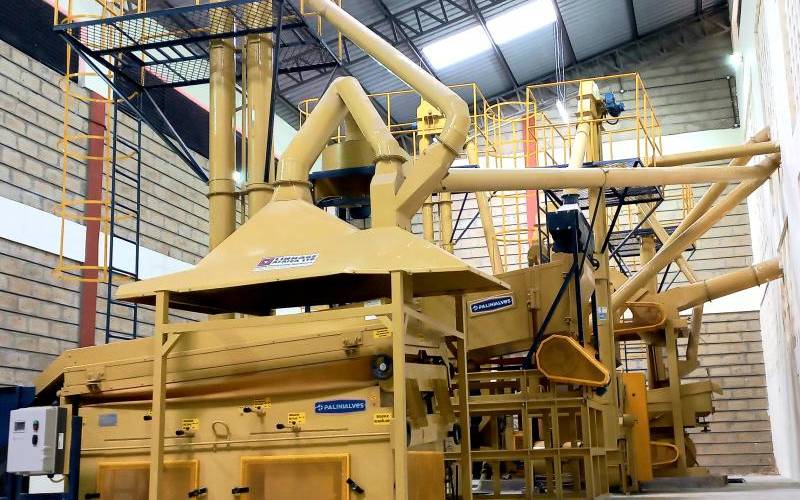×
The Standard e-Paper
Kenya’s Boldest Voice

Baringo Coffee mill that was commissioned three months ago.[Julius Chepkwony,Standard]
A Sh100 million coffee mill in Baringo County remains idle three months after it was commissioned.